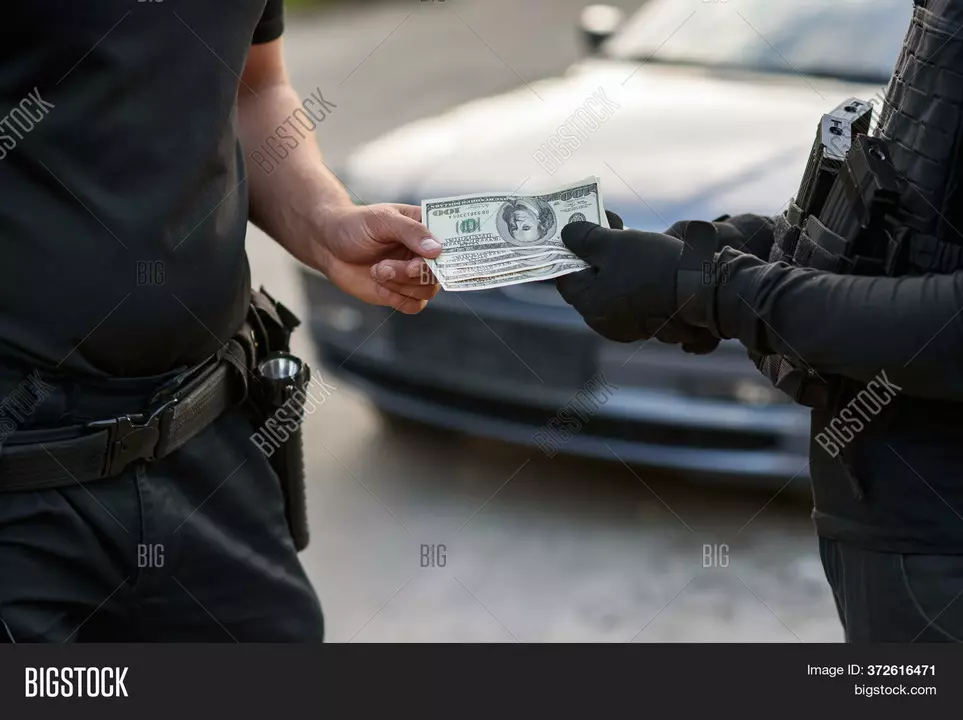Corruption inside the police hurts everyone. Some officers live well above their official pay because of bribes, protection money, kickbacks and other illicit income. If you worry about a case, a fine, or a routine stop, knowing how corruption works and what to do can save time, money and a lot of stress.
Bribes are the most common route: demands for cash to avoid FIRs, speed fines, or to speed up paperwork. Extortion and protection rackets give steady income when local businesses or transport operators are forced to pay. Kickbacks from contractors or soliciting payments to overlook crimes also add up. Investigations and media reports have shown some officers accumulate significant unexplained assets—sometimes many times their official salary.
Look for signs: sudden wealth, frequent expensive purchases, unusually close ties to local business owners, or pressure to pay cash without receipt. Also notice slow action on complaints unless a bribe is offered. These are red flags, not proof, but they help you decide how to act safely.
If a police officer asks for money, stay calm and follow a safe plan. Record the interaction on your phone if you can do so without escalating the situation. Ask for a written receipt for any payment and a clear reason in writing for fines or detention. Never hand over original documents unless absolutely necessary—offer copies instead.
Report corruption promptly. Use official complaint channels: the local police control room, the station house officer, the district police complaint cell, or state anti-corruption bodies such as the Anti-Corruption Bureau. For serious or large-scale cases, central agencies like the CBI or the Central Vigilance Commission may be appropriate. Many states and the central government also have online complaint portals and helplines—use those to create a dated record.
File an RTI if you need paper trails like FIRs, charge sheets, or property records linked to the officer. The Whistle Blowers Protection Act exists to help people who expose corruption—look into its provisions before making major disclosures.
Keep evidence: receipts, photos, recordings, witness names and timelines. Share copies with a trusted lawyer or a civil society group that works on police accountability. Public pressure—local media, citizen groups, or elected representatives—often speeds up action more than private complaints alone.
Fighting corruption takes patience. Use official channels, document everything, and connect with groups that support victims of corruption. Small steps—refusing to pay, asking for receipts, filing formal complaints—add up and make it harder for corrupt systems to survive.

Dubai has no legal sex industry, but underground services exist. Learn the real risks of seeking escorts, the absence of red-light areas, and why sex workers in the UAE face extreme danger under strict local laws.

In India, the salary of a corrupt police inspector can vary greatly depending on various factors such as their level of corruption, location, and their ability to exploit the system. It's difficult to pinpoint an exact figure, but some reports suggest that they could be earning several times their official salaries, sometimes even reaching millions of rupees annually. This extra income typically comes from bribes, kickbacks, and other illegal activities. The widespread corruption within the Indian police force not only undermines public trust, but also hinders the country's progress towards a more transparent and accountable society. As a concerned citizen, it's crucial for us to raise awareness about this issue and demand necessary reforms to ensure a better future for India.